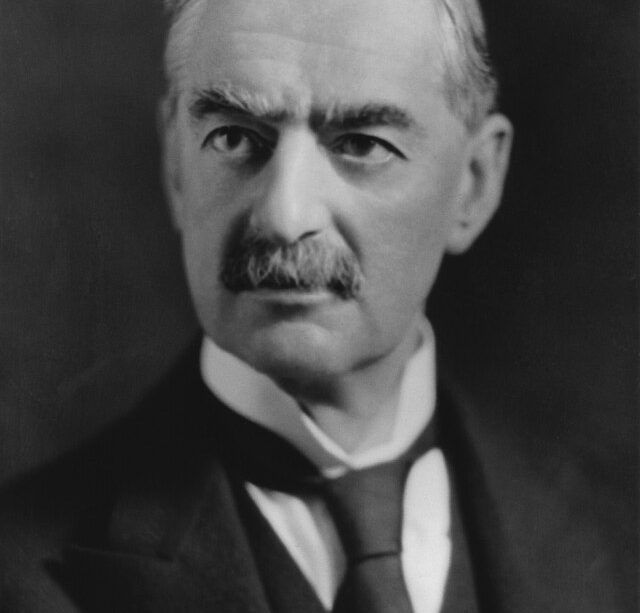The Legacy of Neville Chamberlain: Politics and War

Introduction
Neville Chamberlain remains a pivotal figure in British political history, primarily known for his role as Prime Minister from 1937 to 1940. His tenure was crucial during a time of impending conflict in Europe, as the rise of Adolf Hitler and the Nazi Party posed a significant threat. Chamberlain’s policy of appeasement, aimed at preventing another large-scale war, has become a topic of intense debate among historians and political analysts. Understanding Chamberlain’s actions, both praised and criticized, is essential in evaluating the dynamics of the pre-World War II era.
Chamberlain’s Early Life and Political Career
Neville Chamberlain was born in 1869 into a politically active Birmingham family. He began his career in the business sector before transitioning into public service, eventually becoming a Member of Parliament in 1918. Known for his pragmatic approach, Chamberlain initially served as Minister of Health and later as Chancellor of the Exchequer. His rise to Prime Minister was marked by the challenges posed by the conflict in Europe.
The Policy of Appeasement
Chamberlain is most famously associated with the policy of appeasement, a strategy aimed at maintaining peace by conceding to some of the demands of aggressive states. This policy reached its peak with the Munich Agreement in 1938, where Chamberlain, along with French Premier Édouard Daladier, agreed to allow Nazi Germany to annex portions of Czechoslovakia in hopes of averting war. Chamberlain famously returned to England declaring he had secured “peace for our time,” a statement that would haunt him as war erupted in 1939.
The Outbreak of War and Resignation
As World War II began in September 1939, Chamberlain’s credibility was severely undermined. His attempts at appeasement were viewed as failures, and mounting pressures led to his resignation in May 1940. He was succeeded by Winston Churchill, who adopted a more confrontational approach against Nazi Germany. Chamberlain continued to serve in Churchill’s government but faced criticism for his earlier policies.
Conclusion
Neville Chamberlain’s legacy is complex and multifaceted. While he is often vilified for his policy of appeasement, it is critical to consider the context of the time he was in power. His decisions were shaped by a desire to avoid another devastating conflict. Moving forward, Chamberlain’s approach serves as a cautionary tale in international diplomacy, highlighting the challenges of negotiating peace in the face of aggression. As history continues to unfold, understanding figures like Chamberlain helps modern leaders navigate contemporary geopolitical tensions.








